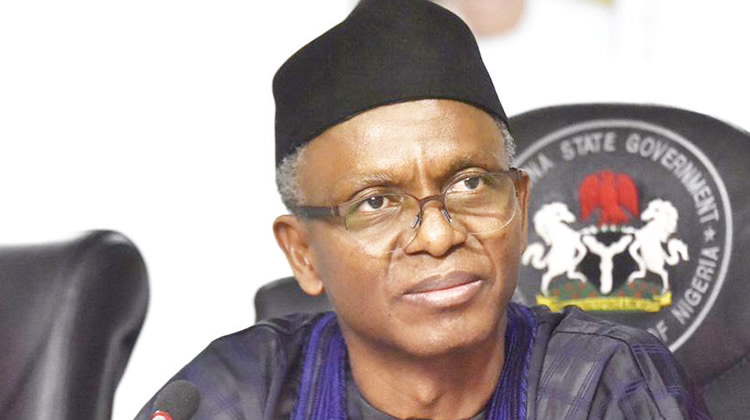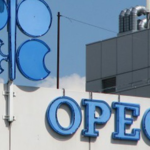
The Kaduna State Governor, Mallam Nasir El Rufai has presented the 2023 draft budget of N370bn to the State House of Assembly.
The estimates conformed with his administration’s 60: 40 ratio of capital to recurrent expenditure, its 8th and final budget which ends in May 2023.
The 2023 Appropriation Bill has a total size of N370.33bn budget, which is a 21.82 per cent increase from the 2022 revised appropriation of N303.99bn.
Giving a breakdown of the draft budget, the governor said that ‘’the sum of N242.21bn is proposed as capital expenditure, and N127.7bn as recurrent expenses in the 2023 estimates.
“The capital to recurrent ratio of 65.5 per cent to 34.48 per cent reflects our consistent commitment to investment over consumption,”
The governor said that the 2023 estimates maintain focus on human capital development, adding that ‘’our proposal allocates 45.34 per cent of the budget to education and health.’
According to him, the allocations of 29 per cent to the Education sector and 16.05 per cent to health leave no doubt about our abiding commitment to human capital development.’
El-Rufai added that ‘’the 2023 budget estimates make provisions for continued pro-poor interventions in nutrition, health care, skills acquisition and empowerment funds for women, youths, and vulnerable groups.
Along with provisions for the Social Investment Programme, these pro-poor interventions are costed at N11.32bn, representing about three per cent of the proposed budget size,’’ he added.
The governor noted that the proposed budget estimates assume that crude oil prices would stabilise around $70 per barrel and that the official exchange rate will be around N435.57 to the dollar.
According to him, ‘’uncertainties persist in the global economy. Promising signs of a sustained recovery from COVID-19 have been replaced by fears of inflation and recession in the major economies.’’
“This economic climate may affect demand for Nigeria’s main export, petroleum, with consequences for the exchange rate, prices and general economic performance,’’ he added.
El Rufai told the legislators that the final budget concludes eight years of determined effort to make lives better by putting people first.
“We have implemented empowerment policies, respecting people our enough to free them from dependence on those who insert themselves between the treasury and the people.
‘’We have diligently sought to promote equal opportunity, improve human capital development, build infrastructure, attract new businesses, support existing ones and run a system that promotes the ease of doing business.
‘’We have reformed government, while celebrating what was good in the past, honouring people and completing inherited projects. We have done our best amidst the continuum that disciplined governance should be,’’ he added.





